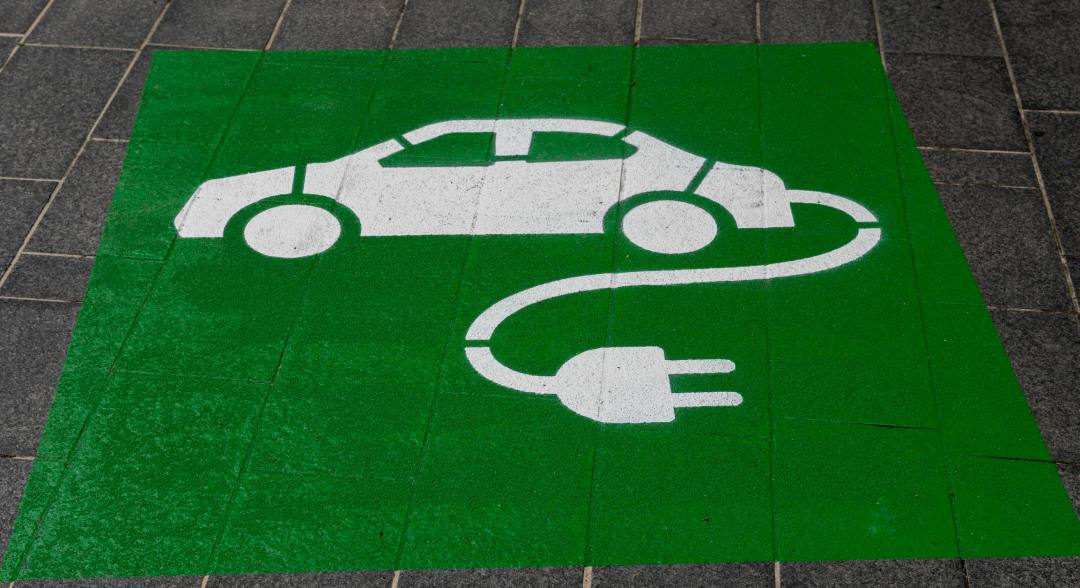Trade War: US To Introduce New Tariffs On Chinese EVs
The official announcement is scheduled for Tuesday. The specifics remain undisclosed and the White House declined to comment.
The Biden administration is gearing up to make a significant announcement regarding tariffs on Chinese imports. This announcement is about introducing new levies, targeting vital sectors such as electric vehicles, batteries, and solar equipment. The official announcement is scheduled for Tuesday. The specifics remain undisclosed and the White House declined to comment.
This move marks the culmination of a thorough review of the Section 301 tariffs initially implemented during the Trump administration. The new tariffs are poised to be strategically aimed at key sectors, while also maintaining existing levies, according to sources familiar with the matter.
Even though a final decision could be delayed, it signifies one of President Biden’s most significant actions in the ongoing economic competition with China. This decision follows a recent call to increase tariffs on Chinese steel and aluminum and the formal commencement of an investigation into Chinese shipbuilding.
German Carmakers Warn Against EU Tariffs on China EVs
While the US is contemplating new tariffs, leading German car companies BMW and Volkswagen are urging the European Union to reconsider imposing tariffs on electric vehicles (EVs) imported from China. They argue such a move could hurt the bloc’s ambitious climate goals and damage European automakers themselves.
The European Commission launched an investigation last October into whether Chinese EV manufacturers receive unfair subsidies that warrant additional import duties.
“We don’t believe our industry needs protection,” said Oliver Zipse, CEO of BMW. The company imports Chinese-made electric Minis and iX3 SUVs, and China is its second-largest market after Europe.
“There’s always some sort of retaliation,” said Thomas Schaefer, CEO of the Volkswagen brand, referring to the possibility of China taking similar measures against European car exports.
Both companies are heavily reliant on China for sales and manufacturing. They also highlight the interconnectedness of the global auto industry, where components and raw materials often flow across borders. Tariffs could disrupt these supply chains, especially for EVs which heavily rely on Chinese battery technology.
“There will be no single car in the EU without components from China,” said Zipse. He argued that tariffs would undermine the EU’s Green Deal, a flagship policy aimed at reducing carbon emissions. “There is no Green Deal in Europe without resources from China,” he added.
The European Commission is expected to announce a decision on potential tariffs by July.
Read More

